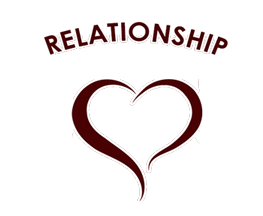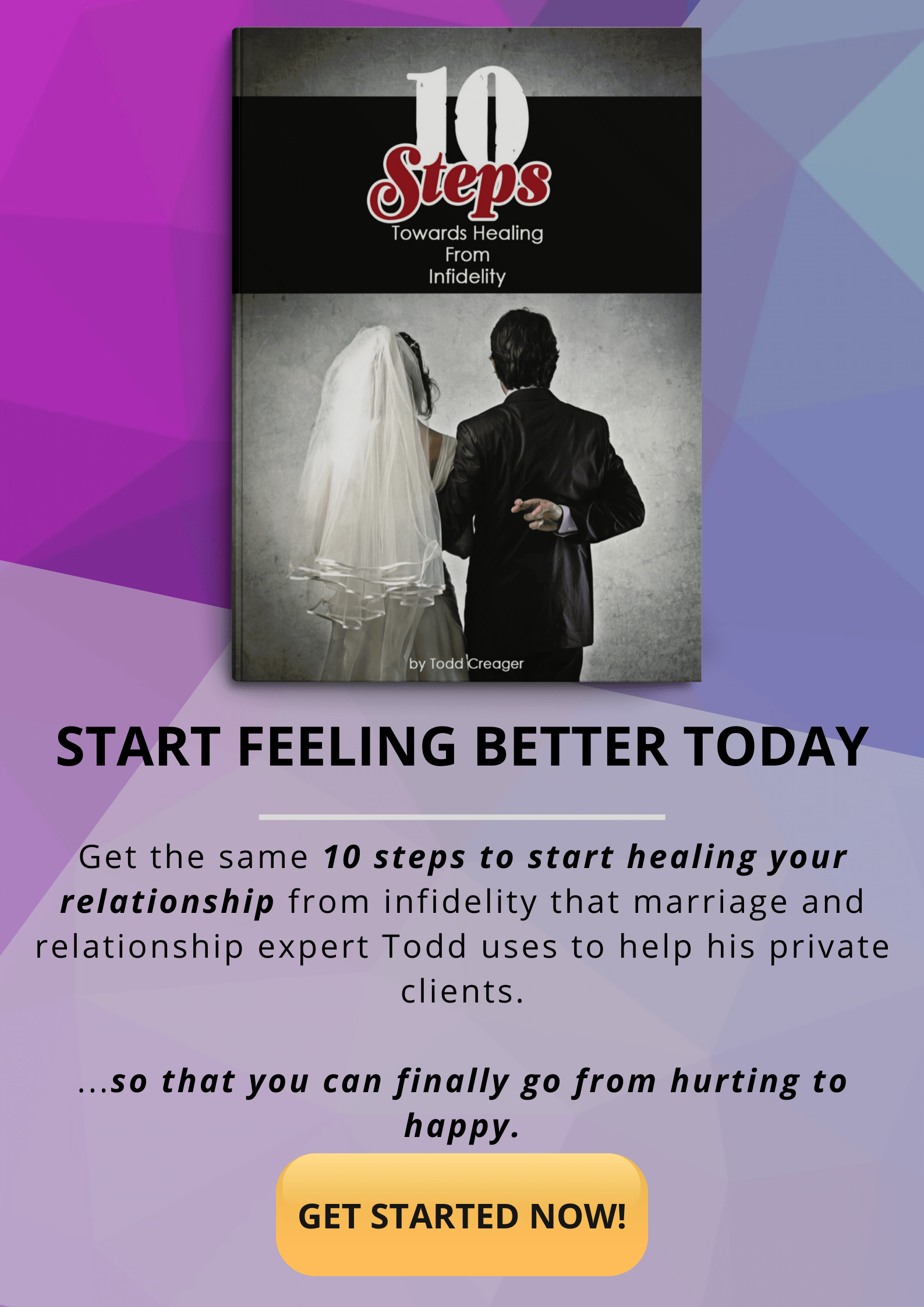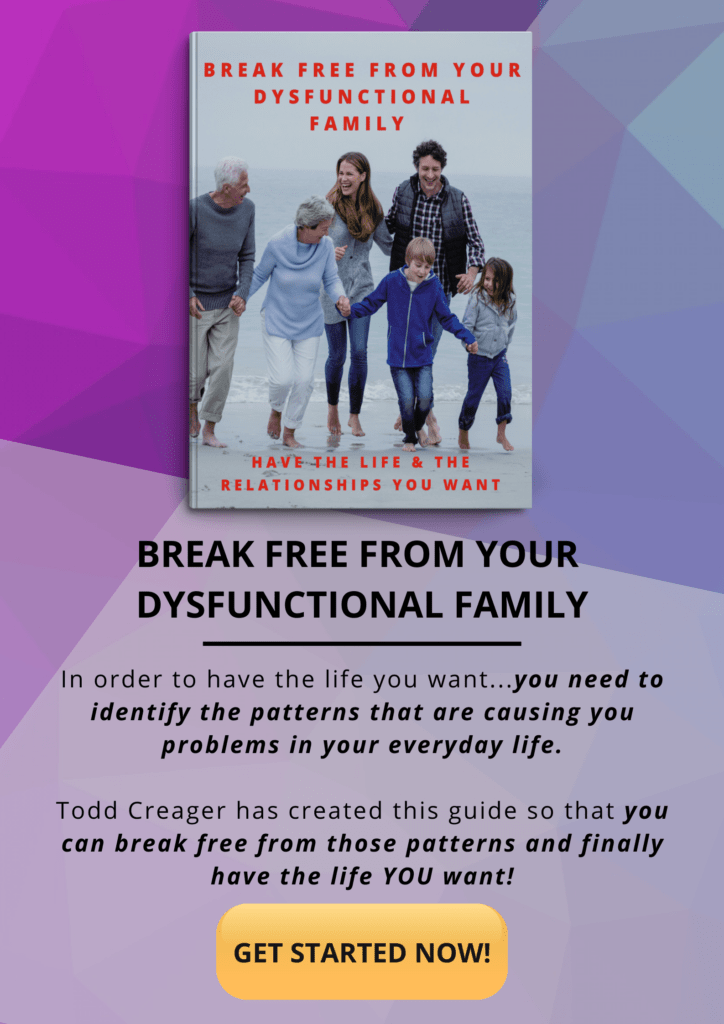We are here to reach our potential. This is something of which I am absolutely convinced.
The longer I live, the more I see that we have been given amazing potential and with the correct environment along with practicing tuning into the best in us and others, we can become the best version of ourselves.
We know that when it comes to our careers, those that are most successful are willing to take chances and stand out and learn new things. Those that are successful in their career are people who have developed their discipline. Those that are successful in their career are people who have learned the importance of persistence.
They have learned the importance of getting up after they have fallen or trying again after they have failed.
Likewise, when you go to the gym to lift weights, you are developing muscle.
When you do cardiovascular exercise such as swimming, hiking and running, you develop heart muscle. We have learned that exercise helps us develop a healthy body.
So as I talked about career and success, the same is true for success with your health and your body.
If a person is insisting on always being in a very comfortable, resting state, that person will not use exercise to develop healthy muscles and organs. The theme here is that it takes work and effort to have success in one’s career and with one’s health.
Some people may want to live in a world where things should come easy but that’s not the world or Universe we live in.
As we learn more and more about nutrition and diet, we are learning that we have to be disciplined in order to have a healthy body. A person who is exercising regularly but has an excess of sugars and carbohydrates will not have the healthy body they want.
Eventually a lifestyle of “ comfort eating,” will lead to less than optimal laboratory blood results.
This does not show up always when people are younger but it definitely can catch up. Now we are understanding that one of the secrets of longevity is how we eat. Here again it takes a little more work and a willingness to say no to ourselves to some comfort foods and to say yes to the foods that nurture us and keep us young and vital.
Personally, I definitely have said numerous times that I wished I lived in the universe where I can eat as much New York style strawberry cheesecake as I want and still be healthy. It’s just not the case.
It’s not about being a perfectionist but more about the need to develop my discipline and will if I want to achieve the goal of a healthier body.
Relationships are another major area of life where you have many opportunities to become the best version of yourself.
I like to say that relationships are one of the best gymnasiums to develop emotional muscle; in particular intimate relationships.
What do I mean by emotional muscle?
It means that rather than be reactive, that we have an opportunity to be creative. It means that instead of going for immediate tension reduction, we learn how to endure and explore our tension and deal with it in a way that works the best for both people.
Here are five ways that intimate relationships can serve as the ideal gymnasium to develop emotional muscle.
#1: Intimate Relationships beckon us to think of another person’s well-being as well as our own.
Compromise and negotiation are absolutely crucial so that both people get a sense that they matter and that their feelings and needs are being heard. When a person is single, he or she really only needs to think about what he or she feels or wants. There is nobody to interrupt them; there are no detours to take on the way to their destination and they don’t have to balance out their needs with anybody else’s.
When you’re in an intimate relationship, you actually have to think about what the other person wants and feels.
You need to tolerate them disagreeing with you at times. You need to learn how to give up certain things that you want to meet the needs of your partner. At other times, you also need to be firm when you know your partner will be frustrated.
#2: Developing emotional muscle so that you become an effective listener is crucial for relationship thriving.
Let’s say you have a conflict with your partner and you stay firm and don’t yield and your partner does get frustrated. How do you handle that? Do you have a temper tantrum like a little child or get defensive or walk away?
None of these are great options. However if you accept that your intimate relationship is a gymnasium to develop the listening muscle, you can choose to experience and explore your tension and sit with it.
You make room for your partner’s frustration or different opinion. You accept it and you tolerate it. You stay kind and present even though there may be another part of you that wants to do a fight or flight reaction. Simply stated, you feel your resistance to your partner’s reaction and instead of acting on it, you stay open to your partner’s different experience of things. That does not mean you necessarily give in.
The point here is that you develop the muscle to listen and make room for your partner’s difference.
#3: You develop better self soothing skills. You find ways to calm yourself down even in the height of emotion.
The more that you develop this self-soothing capacity , the more you will be capable of compromise and negotiation as I stated in number one above as well as listening which I discussed in number two above.
It’s easy to stay calm when nobody’s asking anything of you. It is easy to be calm when you never get interrupted. However, since you have chosen to enjoy the benefits of an intimate committed relationship, what comes along with it is the need to develop self-soothing capacity.
It requires you to learn how to evoke a relaxation response when your partner is triggering you even if it’s no fault of his or her own.
It means learning how to tune into your body and develop body awareness so that you could see and notice the quick reactions of your body. It means tuning in to those observances of those reactions and then intervening by a variety of methods.
One self-soothing method is to focus on your body part that you notice is stressed and soften it and allow it to rest. Intervene and calm that body part down. You may find that you have to allow a number of body parts to calm down. This may include softening your belly or relaxing your jaw or relaxing the muscles around your eyes as well as all your facial muscles. it might be noticing how your heart is closed and then you get to open it and not protect yourself.
A second self-soothing method is to notice what you are thinking and then change it. Remind yourself that you’re not in an emergency and that your partner is not your enemy. You remind yourself that your partner is just struggling on his or her own. You remind yourself not to take things so personally and that you are safe and loved.
This is not an exhaustive list by any means of self-soothing techniques . The point here is that your intimate relationship requires you to learn how to self-soothe.
#4: You learn how to be “healthfully selfish” in the relationship.
Part of being a thriving partner means that you need to think of yourself. If you are constantly adapting to your partner’s needs, you become invisible.
That can have both emotional and physical consequences.
Intimate Relationships require you to take up space and to be a force to be reckoned with. Intimate Relationships require that you will inevitably frustrate and disappoint your partner because you are different and you have different sets of needs and wants.
As you make room for yourself in this relationship, you feel your strength. Of course, balance making room for yourself with your partner’s needs as I discussed in item number one.
Remember that compromise means that you matter as well. As you develop your emotional muscle to be “healthily selfish” and at the same time understand the importance of negotiation, compromise and listening, you begin to have a very deep and strong foundation as an intimate couple.
Finding your place in the relationship, making room for your feelings, opinions and wants in the relationship is not easy. However once you begin to experience your own individual expression, you will actually feel more and more in love with your partner.
#5: You take on the responsibility of being an emotional regulator of your partner.
You take on the job description of down-regulating your partner, which means that you are a force in helping her calm down when she’s stressed. You also take on the job description of up-regulating your partner which means that you are a force helping her to feel more alive when she’s “in neutral.”
You develop the emotional muscle to experience yourself as a powerful interpersonal center of influence. Of course as I said in item number three, it is each partner’s responsibility to self soothe.
Simultaneously it is important that each person sees that their role is to help regulate the other person.
Your intimate relationship is asking you to be more powerful and be more of a presence in your partner’s inner world. Good listening is a primary way of becoming an effective down-regulator. Being romantic is a primary way of becoming an effective up-regulator. By that definition of romance, we all need to be romantic.
As a matter of fact, we can not afford to be anything less if we want a thriving relationship. You work together to remain engaged and connected through the best and worst of times. And if you can stay engaged and connected by developing this emotional muscle, it is fantastic.
It is fantastic because you now have the opportunity to be more effective with each other as well as beyond each other.
Your intimate relationship is such an effective gymnasium and now you can take this developed emotional muscle and use it to be even more successful in some of the other arenas of your life.
When you can have that developed emotional muscle, it leads to more opportunities to be successful in your career as well as to be more effective in all areas of your life.









Reader Interactions